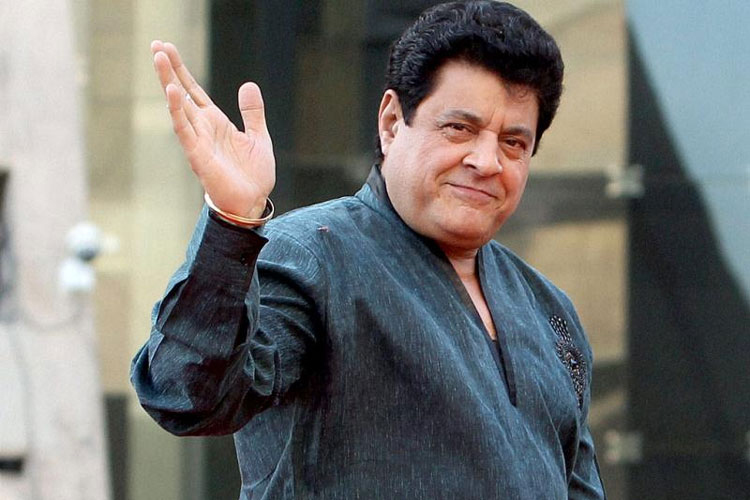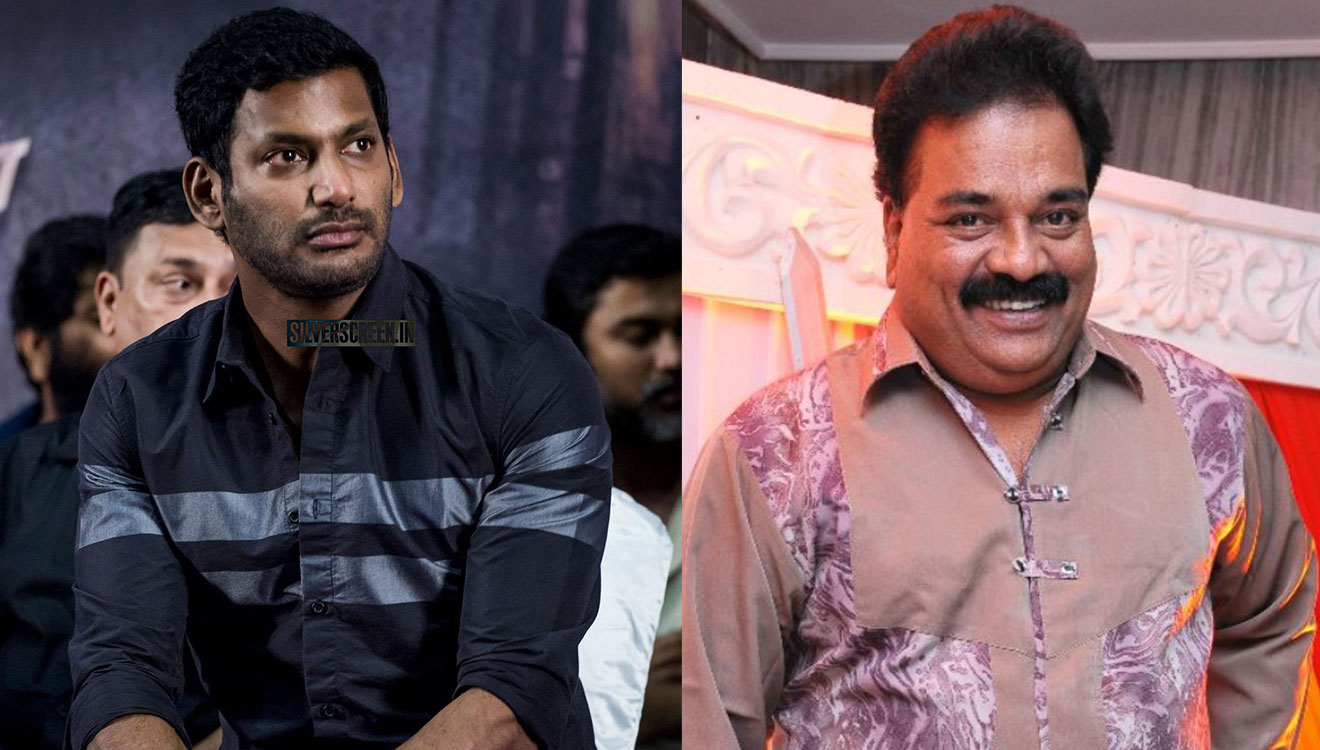Following the Central Board of Film Certification (CBFC)’s denial of certification to Alankrita Shrivastava’s Lipstick Under My Burkha, Film and Television Institute of India (FTII) chairman Gajendra Chauhan has said that the rejection clause should be scrapped.
“Censor Board is only for certifying the film. If rejecting a film is in their hands, then the government should take this matter into consideration and scrap the rejection clause completely. If not, how did they use this power to reject a film?” said Chauhan in an exclusive interview with ANI News. When refusing certification to a film, the Censor Board is supposed to cite relevant clauses, such as Section 5b (1) which deals with content that is against the sovereignty of the state, and so on. However, in the case of Lipstick Under My Burkha, which stars Konkona Sharma and Ratna Pathak Shah, the CBFC reasoned:
“The story is lady oriended [sic], their fantasy above life. There are contanious [sic] sexual scenes, abusive words, audio pornography and a bit sensitive touch about one particular section of society, hence film refused.”
While Chauhan was critical of the Censor Board’s denial of certification, he praised CBFC chief Pahlaj Nihalani for doing “great work”. Nihalani is currently facing flak for denying a censor certificate to the film on spurious grounds.
Lipstick Under My Burkha follows four women as they search for a little freedom in their lives. The CBFC has cited several reasons including “women’s fantasies” and abusive language as reasons for denying the film a censor certificate. The film was sent to the CBFC’s Revising Committee earlier this month. Following the screening, Alankrita was told that the committee had unanimously decided to not award it a censor certificate.
Read: ‘Lipstick Under My Burkha’ Vs CBFC – Nihalani Says That They Are Simply Doing Their Job
Recommended
Chauhan, who has faced a few controversies himself, recently echoed the opinions of various BJP members that Pakistani artistes should not work in Indian films. He said that they should be denied visas as they may be passing on sensitive information as well as usurping jobs and taking money away from India. His tenure as FTII chief began controversially, with students protesting and calling his appointment “undemocratic”.
Feature Image: News18


